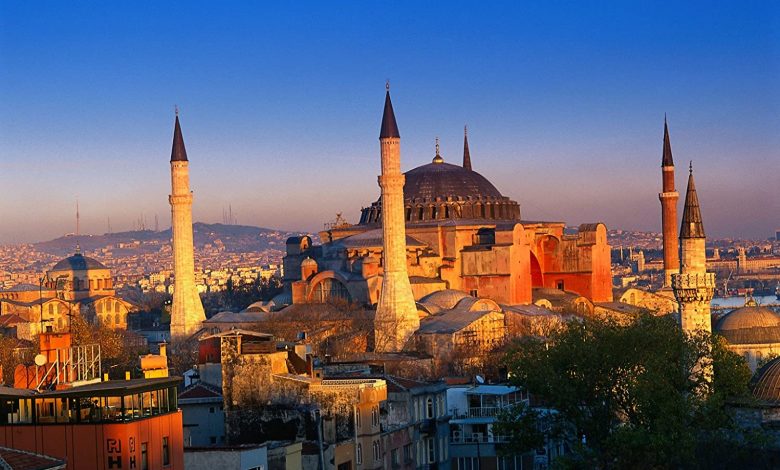Ottomans

After the Ottomans and the other Central Powers lost the war, the Ottoman Empire was partitioned.[23] The Turkish War of Independence against the occupying Allied Powers resulted in the abolition of the Sultanate on 1 November 1922, the signing of the Treaty of Lausanne (which superseded the Treaty
of Sèvres) on 24 July 1923 and the proclamation of the Republic on 29 October 1923. With the reforms initiated by the country’s first president, Mustafa Kemal Atatürk, Turkey became a secular, unitary and parliamentary republic; which was later replaced by a presidential system with a referendum in 2017. Since then, the new Turkish governmental system under president Recep Tayyip Erdoğan and his party, the AKP, has often been described as populist, conservative and authoritarian.[24][25][26][27][28]
Turkey is a regional power and a newly industrialized country, with a geopolitically strategic location.[29] Its economy, which is classified among the emerging and growth-leading economies, is the twentieth-largest in the world by nominal GDP, and the eleventh-largest by PPP. It is a cha
rter member of the United Nations, an early member of NATO, the IMF, and the World Bank, and a founding member of the OECD, OSCE, BSEC, OIC, and G20. After becoming one of the early members of the Council of Europe in 1950, Turkey became an associate member of the EEC in 1963, joined the EU Customs Union in 1995, and started accession negotiations with the European Union in 2005.
